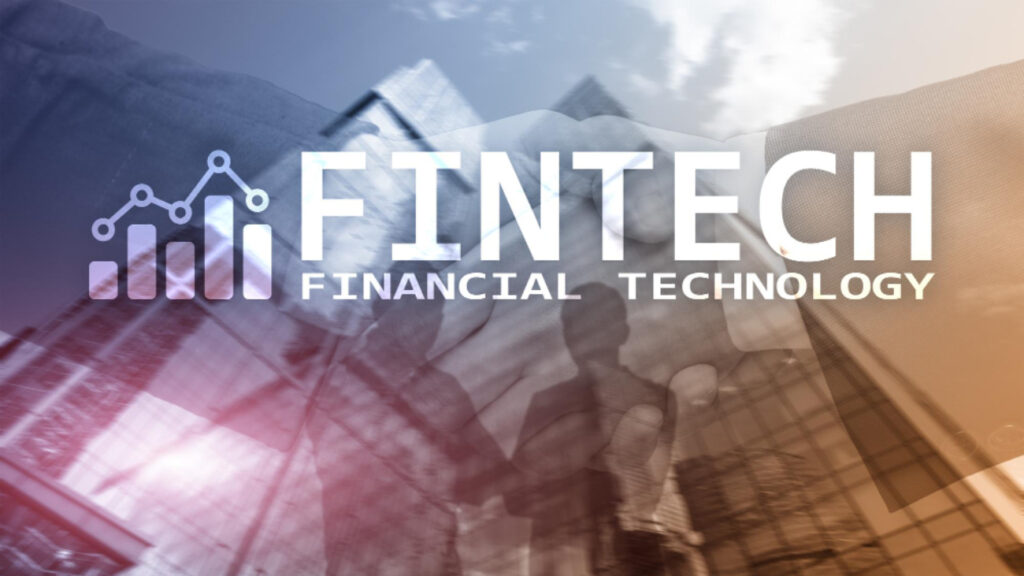The traditional banking system is highly effective at wealth generation and providing essential financial services. But a large section of the population does not have access to these services globally. Fintech companies play a critical role in promoting financial inclusion and reaching these underserved populations points out Bahaa Abdul Hussein. They use accessible technology to provide financial services and products those not yet served by traditional banking or financial institutions.
Fintech companies have built their niche by offering a range of innovative solutions to help expand access to financial services which are critical for building wealth and financial stability. They can particularly serve financially excluded populations by developing new financial products designed to meet the unique needs of these groups, including low-income individuals and small businesses.
Methods By Which Fintech Can Increase Financial Inclusion
While traditional banking has an upper hand in dealing with legal intricacies of finances, Fintech companies thrive in generating unique and user-friendly products. Some of their products that can increase financial inclusion are as follows:
Digital payments
Fintech companies provide digital payment solutions that are accessible and affordable to those who lack access to traditional banking services. They offer digital financial services like mobile payments, e-wallets, allowing people to send and receive money quickly and easily.
Microfinance
Fintech companies can facilitate microfinance and microcredit, which can help underserved populations access much-needed capital for small businesses or personal expenses. This is especially useful as the credit score system used in traditional banking often excludes these groups.
Crowdfunding
Fintech platforms help individuals and small businesses access funding from a large pool of investors and donors. Such crowdfunding is a viable alternative to large scale financing through traditional banking services.
Financial education
One of the main reasons for financial exclusion of large parts of the global population is the general lack of financial literacy in these groups. Fintech companies can provide financial education through mobile apps or other digital platforms, which are easy to use. This can help underserved populations understand basic financial concepts and make informed decisions about managing their money.
Blockchain and cryptocurrency
Fintech companies use blockchain technology to create more transparent and secure financial systems. Cryptocurrencies based on blockchain technology can provide an alternative means of financial exchange for those who lack access to traditional banking services.
To sum up
Fintech creates more inclusive and accessible financial systems, which helps decrease poverty and inequality. It provides greater economic opportunities to underserved populations by leveraging cutting-edge technology. So they can provide affordable financial services and products to those who have been excluded from traditional banking services.
Thank you for your interest in Bahaa Abdul Hussein blogs. For more information, please stay tuned to www.bahaaabdulhussein.com.





